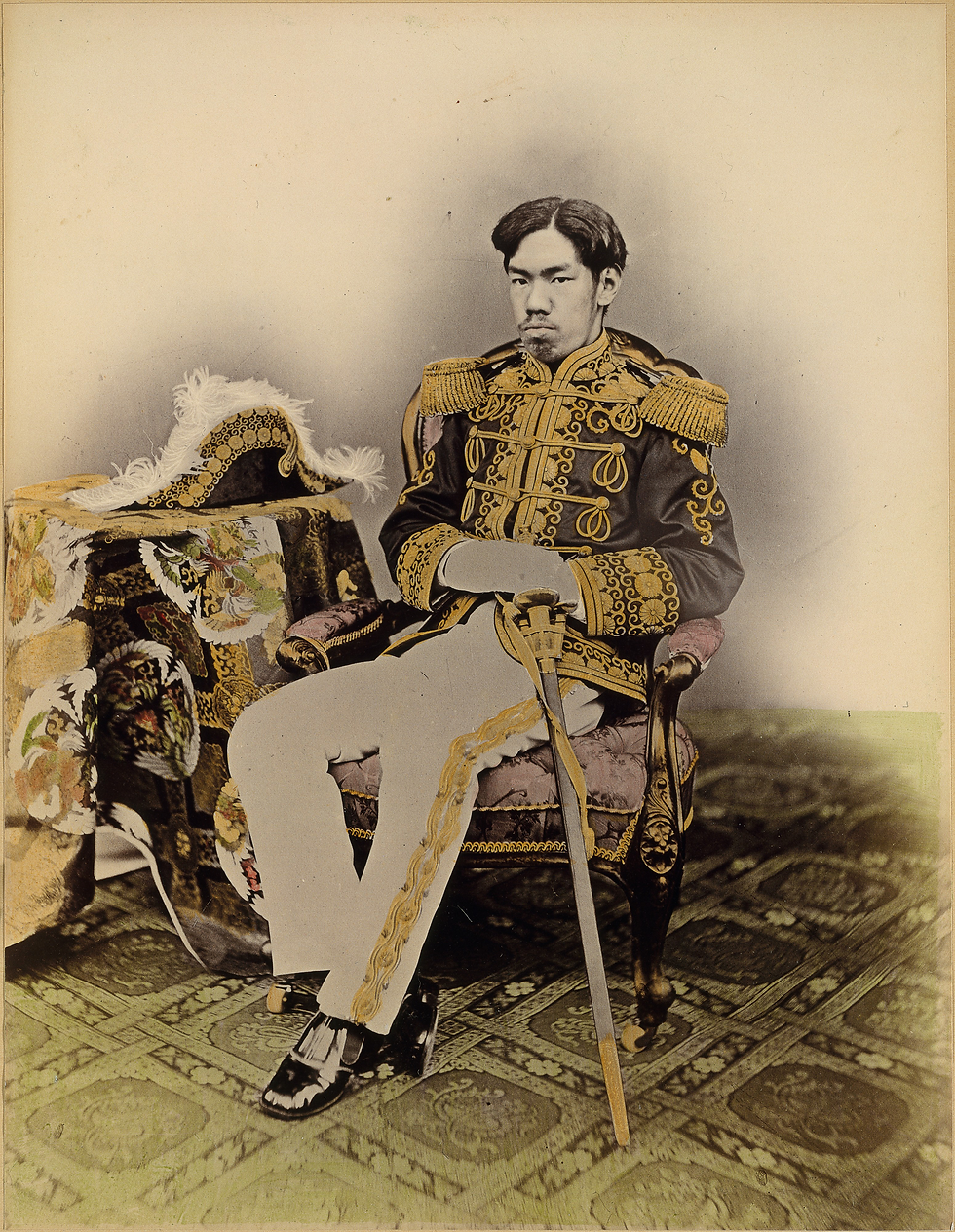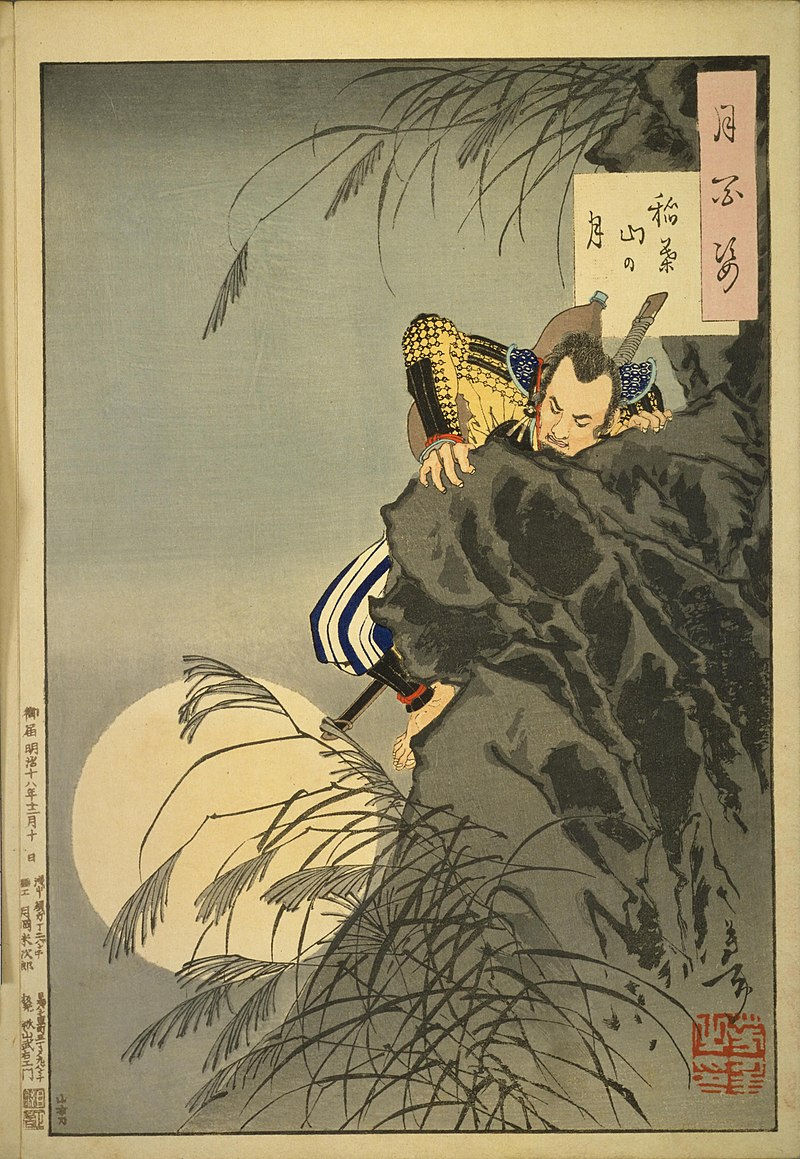Emperor Meiji
- 2304583d
- Aug 4, 2024
- 3 min read

Emperor Meiji (明治天皇) (1852–1912) was the 122nd emperor of Japan, whose reign marked a period of profound transformation in Japanese history. His leadership during the Meiji era (1868–1912) was characterized by significant modernization and Westernization, which fundamentally changed Japan’s social, political, and economic structures.
Early Life and Background
Birth and Family: Emperor Meiji was born on November 3, 1852, as Mutsuhito, the son of Emperor Kōmei and Empress Kōjun. He became heir apparent at a young age and was groomed for future leadership.
Ascension to the Throne: He ascended to the throne on January 25, 1867, following the death of his father, Emperor Kōmei. His reign began during a period of significant political upheaval and transformation in Japan.
Reign and Key Events
Meiji Restoration (1868): Emperor Meiji’s reign began with the Meiji Restoration, a pivotal movement that restored imperial power and led to the dismantling of the Tokugawa shogunate. This restoration marked the end of the feudal system and the beginning of a new era in Japanese history.
Modernization and Westernization: Under Emperor Meiji, Japan embarked on an extensive program of modernization and Westernization. Key reforms included:
Political Reforms: The abolition of the feudal domain system and the establishment of a centralized bureaucratic government. The Meiji Constitution of 1889 created a constitutional monarchy with a parliamentary system.
Economic Reforms: Development of infrastructure, including railways and telegraphs, to facilitate economic growth. Industrialization efforts were also promoted, transforming Japan into a major industrial power.
Military Reforms: Modernization of the military, including the adoption of Western military techniques and technologies. The creation of a modern army and navy played a significant role in Japan’s emergence as a regional power.
Social Reforms: Changes in social structure, including the abolition of the samurai class’s privileges and the promotion of equal opportunities in education and government service.
Foreign Policy and Expansion: Emperor Meiji’s reign saw Japan becoming increasingly assertive on the international stage:
Sino-Japanese War (1894–1895): Japan defeated China, leading to the Treaty of Shimonoseki, which granted Japan Taiwan and influence over Korea.
Russo-Japanese War (1904–1905): Japan defeated Russia, gaining control over Korea and parts of Manchuria. The Treaty of Portsmouth, mediated by U.S. President Theodore Roosevelt, recognized Japan’s dominance in Korea and parts of Manchuria.
Later Years and Legacy
Death: Emperor Meiji died on July 30, 1912. His reign had profoundly transformed Japan, setting the stage for its emergence as a modern, industrialized nation.
Legacy: Emperor Meiji is remembered as a pivotal figure in Japanese history for his role in leading the country through a period of rapid modernization and internationalization. His policies and reforms were instrumental in transforming Japan from a feudal society into a global power.
Impact on Japan: The Meiji era established many of the institutions and systems that would shape Japan’s modern era. His reign laid the foundation for Japan’s economic growth, military strength, and political modernization.
Cultural Influence: Emperor Meiji’s leadership also had a lasting impact on Japanese culture and society, including the promotion of Western-style education and the integration of Western cultural elements into Japanese life.
Emperor Meiji’s reign was a transformative period in Japanese history, characterized by rapid modernization and a shift from feudalism to a centralized, industrialized state. His leadership played a crucial role in shaping Japan’s trajectory in the late 19th and early 20th centuries.
In addition, his reign was also the first time an Emperor of Japan became such a visible and prominent symbol among his subjects, since the Emperors prior had been little more than cloistered rulers in name only. In fact the Emperors were confined to the grounds of the Imperial palace in Kyoto for most of the Edo Period, and prior to the Tokugawa Shogunate, the Emperors did not wield much power or influence outside of Kyoto, and were as a result never seen by the people.





Comments